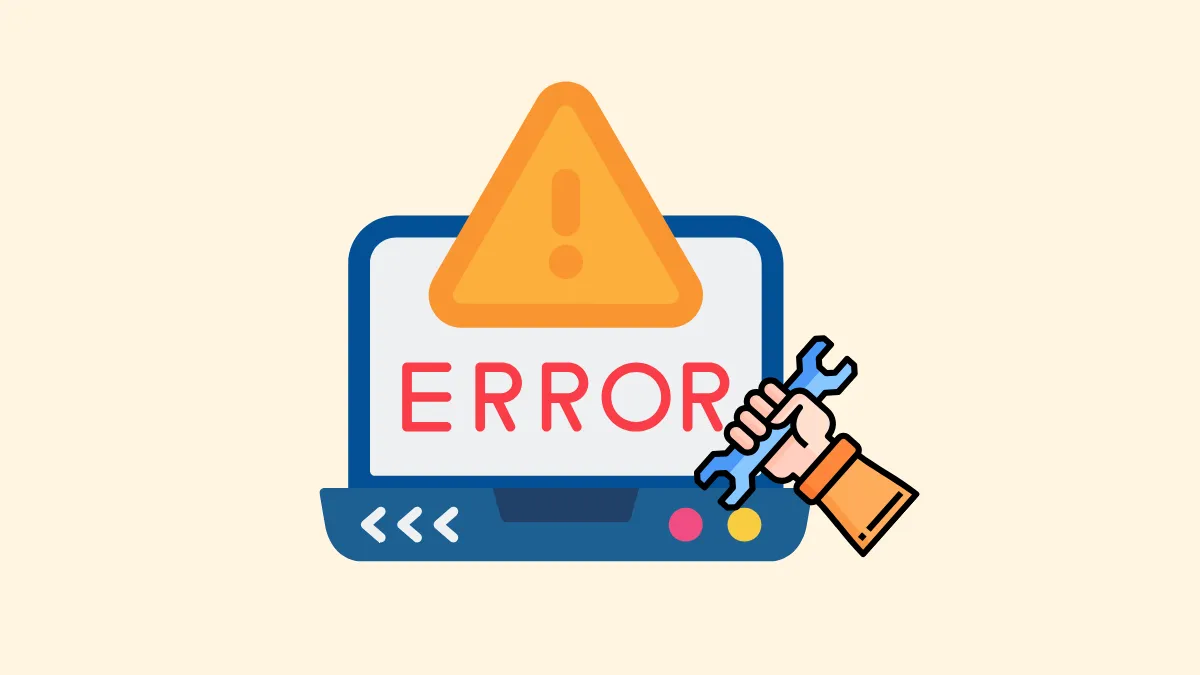The Dell Error Code 2000-0155 "Hard Drive Not Installed" appears when your Dell laptop fails to detect the installed hard drive or SSD. This error prevents the operating system from loading, leaving your laptop unusable until resolved. Typically, this issue arises due to loose hardware connections, incorrect BIOS settings, or a failing hard drive.
Method 1: Reseat and Reconnect the Hard Drive
The most common reason for the Dell Error Code 2000-0155 is a loose or disconnected hard drive. To resolve this, follow these steps carefully:
Step 1: Shut down your Dell laptop completely and unplug the AC adapter. If your laptop has a removable battery, remove it as well.
Step 2: Press and hold the power button for about 30 seconds to discharge any residual electricity from the system.
Step 3: Open the laptop's back cover by following the instructions in your Dell laptop's service manual, available at the Dell Support website. Locate your hard drive or SSD.
Step 4: Carefully disconnect and then reconnect the SATA cable (or M.2 connector, depending on your drive type). Ensure the drive is firmly seated in its slot.
Step 5: Reassemble your laptop, reconnect the battery and AC adapter, and power on the device to check if the issue is resolved.
If the laptop boots normally, the issue was simply a loose connection.
Method 2: Correct BIOS Boot Settings
Incorrect BIOS settings can prevent your Dell laptop from recognizing the hard drive at startup. Here's how to correct this:
Step 1: Restart your Dell laptop and press the F2 key repeatedly during startup to enter the BIOS setup menu.
Step 2: Navigate to the "Boot Configuration" or "Boot Sequence" section of the BIOS.
Step 3: Ensure that the "Windows Boot Manager" or your primary hard drive/SSD is listed at the top of the boot sequence. Use the arrow keys to reorder items if necessary.
Step 4: Confirm that "Secure Boot" is enabled. If it's disabled, set it to "Enabled."
Step 5: Save the BIOS changes (usually by pressing the F10 key) and restart your laptop. Check if the error is resolved.
Method 3: Run Dell Diagnostics
Dell laptops include built-in diagnostic tools to help pinpoint hardware issues. Run these diagnostics to check the health of your hard drive:
Step 1: Restart your laptop and repeatedly press the F12 key during startup to access the boot menu.
Step 2: Select "Diagnostics" from the boot menu and press Enter. The diagnostic tool will automatically begin testing your hardware components.
Step 3: Allow the tests to run fully. Pay close attention to the results of the hard drive test. If the drive fails the diagnostic, it likely needs replacement.
If the drive passes diagnostics, the issue might be software-related, and reinstalling Windows could resolve the problem.
Method 4: Update SSD or Hard Drive Firmware
Sometimes, outdated firmware on your SSD or hard drive can cause intermittent detection issues. Follow these steps to update firmware:
Step 1: Visit the Dell support website and enter your laptop's Service Tag to locate available firmware updates for your SSD or hard drive.
Step 2: Download the firmware update utility provided by Dell and carefully follow the instructions included with the update.
Step 3: Restart your laptop after the firmware update completes and verify if the issue is resolved.
Method 5: Replace the Hard Drive or SSD
If the above methods fail, your hard drive or SSD may be physically damaged or failing. In this case, replacing the drive is the most effective solution:
Step 1: Purchase a compatible replacement drive. Refer to your Dell laptop's specifications or the Dell support website for guidance.
Step 2: Install the new drive following the instructions provided by Dell's service manual or support video tutorials available on Dell's official YouTube channel.
Step 3: After installing the new drive, reinstall Windows using a bootable USB drive or installation media. You can create bootable media using Microsoft's Media Creation Tool.
Remember to back up your data regularly to avoid data loss in case of future drive failures.
Following these methods should help you resolve Dell Error Code 2000-0155. If the issue persists after replacing the drive or if you're uncomfortable performing these steps yourself, consider contacting Dell Support or a professional technician for further assistance.


